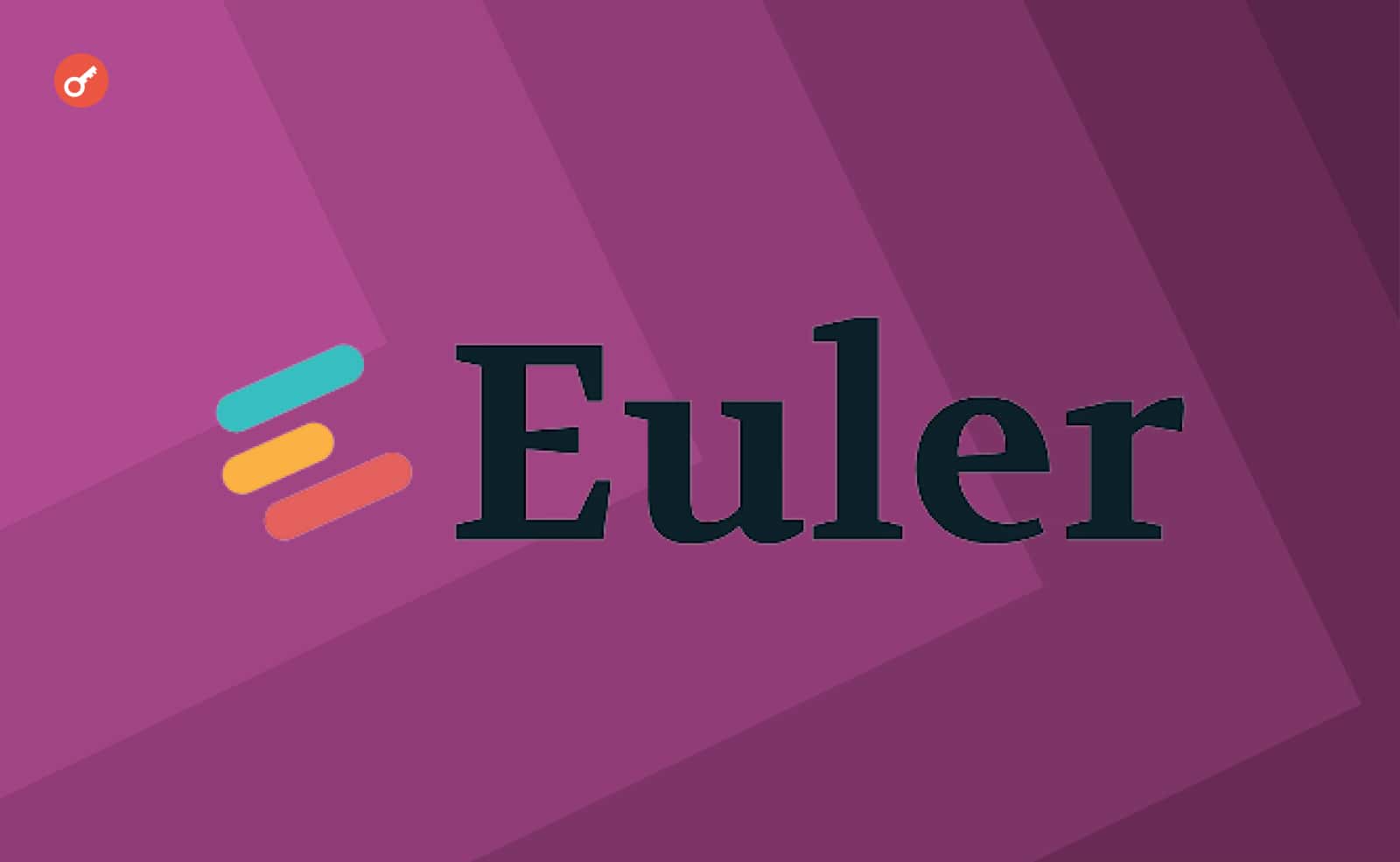
Euler Finance™ | Home Official
Euler Finance
Euler Finance is a decentralized finance (DeFi) protocol designed to provide users with efficient lending and borrowing options for a wide range of cryptocurrencies. Built on blockchain technology, Euler aims to enhance financial sovereignty for users by offering a trustless and transparent environment for financial transactions.
Key Features of Euler Finance
Decentralized Lending and Borrowing
Peer-to-Peer Transactions: Euler enables users to lend and borrow assets directly from one another without intermediaries. This peer-to-peer model reduces transaction costs and increases accessibility.
Smart Contracts: Transactions are facilitated through smart contracts, which automate lending and borrowing agreements, ensuring security and transparency.
Flexible Collateralization
Various Collateral Options: Users can choose from a diverse range of assets to use as collateral, enhancing flexibility in borrowing practices.
Dynamic Collateral Ratios: The platform allows for dynamic collateralization ratios, accommodating different user needs and risk profiles.
Liquidity Pools
User-Contributed Liquidity: Users can contribute to liquidity pools, earning rewards in the form of interest and platform tokens. This incentivizes participation and enhances overall liquidity.
Multiple Pools: Euler Finance typically offers various liquidity pools catering to different assets, allowing users to diversify their investments.
Yield Farming
Earning Passive Income: Users can engage in yield farming by providing liquidity to the protocol, earning rewards based on the amount of liquidity contributed.
Competitive Returns: The platform aims to offer competitive yields compared to traditional finance, attracting liquidity providers.
Staking Mechanism
Token Staking: Users can stake their tokens to support the network and earn additional rewards. Staking contributes to the security and stability of the protocol.
Flexible Terms: Euler may offer various staking options, allowing users to choose terms that suit their financial strategies.
Governance Framework
Decentralized Governance: Euler Finance typically employs a governance model where token holders can propose and vote on changes to the protocol.
Community Involvement: This governance structure ensures that users have a say in the platform's development and direction, fostering a sense of community.
Advanced Risk Management
Risk Assessment Tools: The platform often incorporates advanced risk assessment tools to evaluate the creditworthiness of borrowers and manage collateral effectively.
Liquidation Mechanisms: Automated liquidation processes help maintain the stability of the platform by ensuring that collateral remains sufficient to cover loans.
Cross-Chain Compatibility
Interoperability: Euler Finance may support multiple blockchain networks, allowing users to transact across different platforms and enhancing liquidity.
Broader Reach: This feature attracts a wider user base and facilitates interactions between various DeFi ecosystems.
Security Measures
Regular Audits: Smart contracts are subject to regular audits to identify and mitigate vulnerabilities, ensuring the safety of user funds.
Insurance Options: Euler Finance may offer insurance products to protect users against unforeseen risks, enhancing trust in the platform.
User-Friendly Interface
Intuitive Design: The platform often features a user-friendly interface, making it accessible to both beginners and experienced users.
Educational Resources: Euler Finance typically provides tutorials and resources to help users navigate the platform and understand DeFi concepts.
Benefits of Euler Finance
Accessibility: By eliminating intermediaries, Euler Finance makes financial services more accessible to individuals across the globe, especially in underserved regions.
Transparency: Transactions on the blockchain provide a transparent and immutable record, fostering trust among users and reducing the risk of fraud.
Cost-Effectiveness: Lower fees associated with transactions and the absence of intermediaries lead to a more cost-effective way to manage finances compared to traditional banking systems.
Financial Inclusion: Euler Finance promotes financial inclusion by allowing anyone with an internet connection to access lending and borrowing services, empowering users to take control of their financial futures.
Use Cases of Euler Finance
Personal Loans: Users can borrow funds for personal needs, such as purchasing goods or covering unexpected expenses, without going through traditional lenders.
Investment Opportunities: Investors can lend their assets to earn interest, providing passive income while supporting the liquidity of the protocol.
Crypto Trading: Traders can access loans quickly to capitalize on market movements, enhancing their ability to respond to trading opportunities.
Business Funding: Small businesses can utilize Euler Finance for funding without the stringent requirements of conventional banks, promoting entrepreneurship.
Challenges and Considerations
Market Volatility: The cryptocurrency market is highly volatile, which can affect the value of collateral and the stability of lending rates.
Smart Contract Risks: While smart contracts enhance security, they can also pose risks if vulnerabilities are exploited. Regular audits are essential to mitigate these risks.
Regulatory Uncertainty: The evolving regulatory landscape for cryptocurrencies may impact the operations of Euler Finance, posing challenges to users and developers.
User Education: As with any DeFi platform, educating users about the risks and mechanics of the protocol is crucial for ensuring informed decision-making.
Future Outlook
Euler Finance is well-positioned to thrive in the rapidly evolving DeFi landscape. As demand for decentralized financial services continues to grow, the platform aims to expand its offerings and enhance user experience.
Expansion of Services: Future developments may include the introduction of additional financial products, such as derivatives, insurance, or advanced trading options.
Enhanced User Experience: Continuous improvements to the user interface and educational resources will help attract more users and promote wider adoption.
Integration with Traditional Finance: As DeFi matures, there may be opportunities to bridge the gap between traditional finance and decentralized platforms, enhancing accessibility and usability.
Stronger Community Engagement: Fostering community involvement in governance will remain a priority, ensuring that users have a voice in the platform's evolution.
Conclusion
Euler Finance represents a significant advancement in the world of decentralized finance. By offering robust lending and borrowing options, along with a focus on user empowerment and community governance, it aims to reshape the financial landscape. With its commitment to security, transparency, and accessibility, Euler Finance is poised to play a crucial role in the future of DeFi.